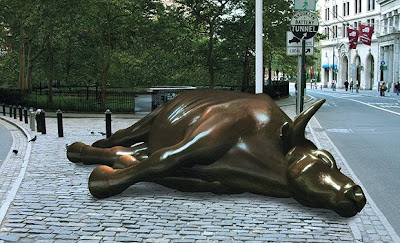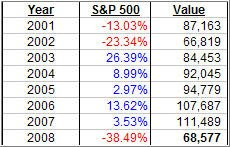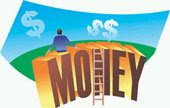Last Sunday, I talked about the impossibility of being able to please all the people all of the time with my blogging efforts. I received a lot of commentary and emails, some of which you can review here.
Feedback is a valuable component of any business or any writer whether he gets paid for his efforts or makes a voluntary contribution. If you work for a company, the feedback you receive consists of an annual job review, along with raises, pay cuts or even termination.
A business receives feedback from its customers although many organizations seem to have forgotten that fact and don’t show too much interest in how their customers feel about them. I’m sure you have come across this annoying fact many times.
Then there are others who try to take feedback to the ultimate level. Some of the better known fast food chains insist that their top ivory tower executives spend at least one week a year behind the service counter, so that they never forget who generates the revenues.
And who can forget the wonderings of Lee Iacocca, who walked the assembly lines of Chrysler talking to the mechanics as to how things could be improved. There is no better way to solicit feedback than from the man who actually does the work.
Then there is the other extreme that comes to light when you have too much money and you are surrounded only by brown-nosing “yes-men” so that the only reality you are exposed to is phony compliments telling you how great you are. Entertainer Michael Jackson comes to mind.
The bottom line is that we’re all better off if we get some kind of feedback regarding our efforts. Usually that requires that you check your ego at the door first, before wading into the unknown. I for one appreciated your comments, which where all constructive and some contained valuable suggestions, however, most opinions were evenly divided, which supports my theme that you can’t please everybody.
Many readers liked my references to other articles, some didn’t. I will keep continuing on the same path, but try to condense and reduce wherever I can, which I already attempted this past week.
Everybody has an opinion on this subject, even former President Bush had to chime in as the following video clip shows.
http://www.youtube.com/get_player
Don’t kill the messenger; I thought this was very funny.







